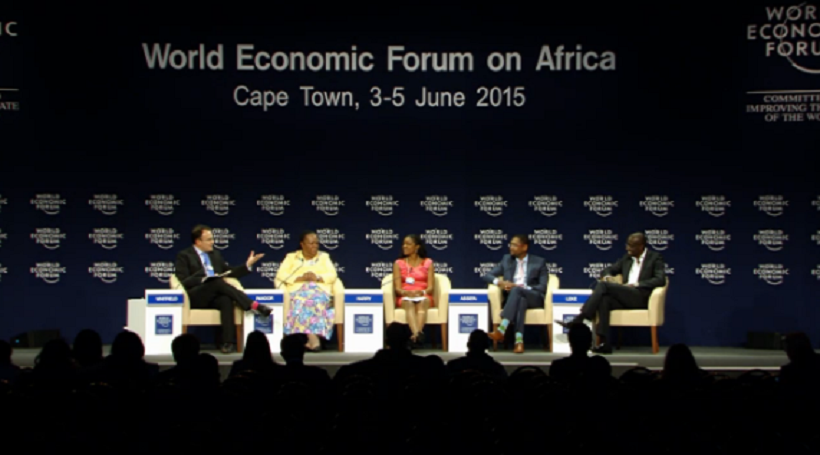Africa is lacking a “virtuous cycle” whereby the continent’s most successful entrepreneurs invest in startups, meaning young entrepreneurs are too dependent on banks and microfinance institutions for funding.
This is the view of McKinsey director Achankeng Leke, who said during a panel discussion at the World Economic Forum (WEF) on Africa last week in Cape Town the lack of angel investment available for African startups was holding them back.
“That’s one of the big issues, the lack of angel investing across Africa. When Mark Zuckerberg started Facebook he didn’t go to Wells Fargo for a loan. When the Google guys started Google they didn’t go to Bank of America. That’s what we do here, we try to go to a bank,” he said.
Leke believes one thing that could go some way to alleviating the problem is the creation of a “virtuous cycle” where successful entrepreneurs themselves invest in small businesses, as it the case elsewhere in the world.
“If you look at the people who lead angel investing in the United States (US) and Europe, these people are entrepreneurs who have made their own money, and they use it to back entrepreneurs and also to make more money,” he said.
“We’ve not got that virtuous cycle yet, and as such what we see is governments having to step in to create some of those funds. Nigeria has put one together. But over time we just need some of these successful entrepreneurs to step in and do that.”
Njideka Harry, president and chief executive officer (CEO) of Nigeria’s Youth for Technology Foundation (YTF), agreed with Leke that the VC industry in Africa is still relatively undeveloped compared with elsewhere, leaving startups dependent on loans.
“Most of the young people that we see are looking for seed capital from either microfinance institutions or just commercial institutions,” she said.
“They started off their venture with what we call “FFF” funding – friends, family and fools – from anyone that would lend them money, and built them up to a certain scale. But there is a foundation that needs to be developed and often times they haven’t built that foundation to be able to go to commercial banks or angel investors.”
According to Harry, often startups have failed to get their books in order, and fail to put together proper projections as to when their business will gain revenues, break even and become profitable.
“So these are some of the challenges that we still face.”


